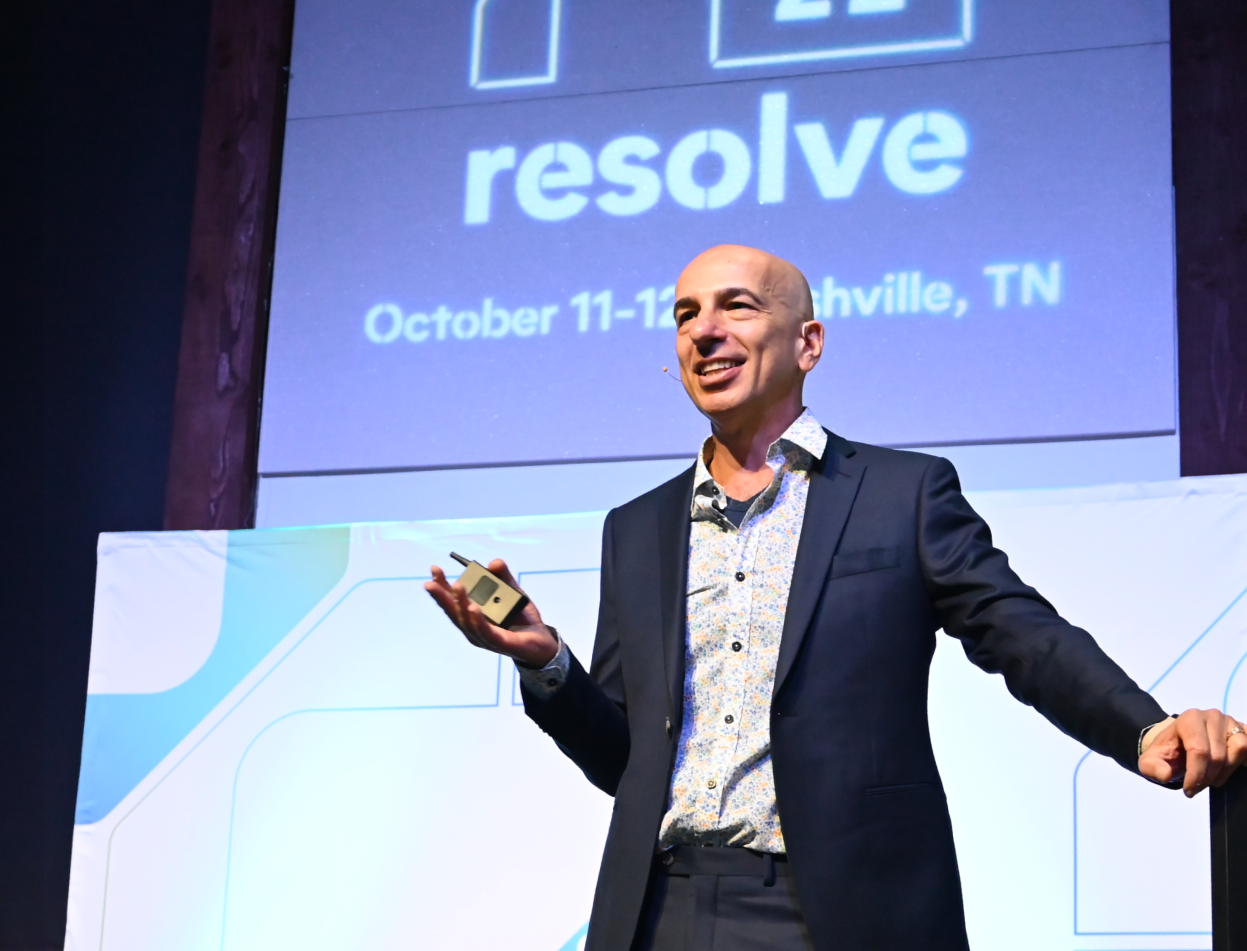Last week, Harvard Business Review reported that AI Adoption Skyrocketed Over the Last 18 Months, fueled by business’ need to overcome staffing challenges and changing customer expectations brought on by the pandemic.
“Fifty-two percent of companies accelerated their AI adoption plans because of the Covid crisis,” said the report, citing a study by PwC. “Just about all, 86%, say that AI is becoming a ‘mainstream technology’ at their company in 2021.”
This is especially true for contact centers. Business leaders who accelerated digital transformation out of necessity in 2021 have been pleasantly surprised by AI’s ability to resolve customer service requests and eliminate hold times.
Technologies like conversational AI specifically have matured exponentially since 2019, and are now apt enough to not only cover pandemic-related business gaps, but add ROI well beyond 2021.
Here’s how AI is shaping contact centers of the future:
Staffing Solutions
Compensating for the skills shortages caused by Covid-19 has presented many new challenges of its own. Contact centers, for example, found that training new agents remotely or increasing their investments in business process outsourcing (BPOs) was time-consuming and expensive.
In cases where contact centers needed a contingency plan, conversational AI could deploy in weeks and handle fluctuating call volumes at a fraction of the cost, without impacting the customer experience.
Moreover, conversational AI’s ability to resolve the majority of common customer issues is a ringing example of how AI can increase agent retention by offloading repetitive tasks and freeing agents to leverage their creative and empathetic skills to resolve more complex customer issues.
“AI is already beginning to help fill skills shortages of the existing workforce through career transition support tools,” said Rob Jekielek in the report, managing director with Harris Poll. “AI is also helping employees do their existing and evolving jobs better and faster using digital assistants and in-house AI-driven training programs.”
Productivity Boosts
When AI solutions are paired with outcome-driven workflows, business efficiency goes up in unforeseen ways. Conversational AI, for example, doesn’t just resolve tier-1 customer calls, it can intelligently route urgent call types to human agents.
At the same time, conversational AI can automatically summarize call notes and log them in call centers’ CRMs. It can also support revenue-generating use-cases like automated outbound calls to follow up with customers or remind them of impending renewal dates without requiring time on behalf of agents.
All of these are additional benefits to resolving tier-1 customer service issues that contact centers can’t achieve without the help of automation.
“Most executives (74%) not only anticipate AI will deliver more efficient business processes, but also help to create new business models (55%) and enable the creation of new products and services (54%),” the report found.

A real-time call breakdown from Replicant’s conversational AI analytics dashboard.
Advanced Analytics
You’d be hard pressed to find any remaining industries that aren’t actively leveraging analytics in partnership with AI to better understand their customers and their own success rates in serving them.
“Since Covid hit, CEOs are now leaning in, asking how they can take advantage of data?” said Arnab Chakraborty in the report, global managing director at Accenture.
Over the last few years, analytics tools have sharpened. They used to provide broad-stroke solutions for enterprise operations like supply chain management.
Now, they have granular use cases, like intelligently understanding when order status requests spike in customer service.
When conversational AI is applied to the contact center, post-call analytics can surface insights into unstructured caller data.
It can automatically generate dispositions and tags based on what customers are actually saying, and inform call performance, giving agents and managers better visibility into their most important call drivers.
‘Responsible growth’
When solutions like conversational AI are placed at the forefront of the customer experience, trust is key. Businesses need to be assured that customer data is protected and customers need to be assured that their experience won’t be sacrificed in the face of business results.
Today’s conversational AI partners, for example, place a high emphasis on compliance and customer experiences that prioritize customer satisfaction scores as much as they do business KPIs like reducing average handle times and containment.
“We are in the trust business. We believe one of the key elements of our growth — the use of technology, data, and artificial intelligence — must be deployed responsibly,” said Sumeet Chabria in the report, global chief operating officer technology and operations at Bank of America. “As a part of that, our strategy around AI is Responsible AI; that means being customer led.”
Novel Partnerships
Similarly, with AI built for the contact center, the success of adoption rides on more than just the technology.
Successful AI deployments arrive in tandem with experts who understand the intricacies of telephony systems, conversational design best practices, and know how to deploy at scale to serve millions of unique customers.
Modern AI solutions are built to last by experts who can help companies compete on an innovation level with the best of the best, regardless of their AI expertise, so they too can keep pace with technology.
“As the world eventually emerges from the other side of the Covid crisis, there will be opportunities for entrepreneurs, business leaders and innovators to build value and launch new ventures that can be rapidly re-configured and re-aligned as customer needs change,” the report concluded.





